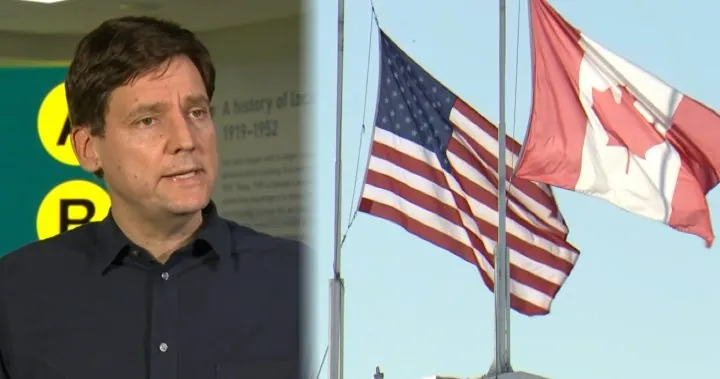
B.C. Government Prepares for Economic Defense Against U.S. Threats – New Emergency Powers Proposed!
2025-03-13
Author: Liam
Introduction
The British Columbia government is gearing up for a potential economic showdown with the United States by drafting new legislation that grants it extensive emergency powers to counteract the threat of U.S. tariffs.
Legislative Package Overview
This significant legislative package allows the province to impose tolls on U.S. vehicles traveling through British Columbia to Alaska, and it aims to dismantle major interprovincial trade barriers. One of the most controversial aspects of the bill is a provision that permits the government to bypass the legislature and 'temporarily modify the application or effect of B.C. laws and regulations' in response to external threats to B.C.’s economy or Canadian sovereignty.
Premier David Eby's Response
Premier David Eby addressed concerns in Victoria, categorically denying that the measure constitutes a power grab. He emphasized the necessity for the government to react swiftly to U.S. President Donald Trump's unpredictable policies, including threats to annex Canada and various trade tensions. “This is emergency legislation, not everyday legislation,” Eby asserted. He likened the anticipated economic crisis to a human-caused disaster, urging the need for rapid response capabilities.
Potential Impact of the Columbia River Treaty Abandonment
An example provided by Eby highlighted the potential fallout from the U.S. unilaterally abandoning the Columbia River Treaty, which could cut off British Columbia's access to electricity from Washington state. Such an event would necessitate immediate government action to mitigate the impacts on the provincial economy.
Clarifications from Attorney General Niki Sharma
Attorney General Niki Sharma further clarified that the proposed emergency powers would only be activated in response to actions from foreign jurisdictions that directly affect B.C.’s economy. She emphasized there are important checks and balances included in the legislation. It does not grant the government unchecked authority to initiate natural resource projects without permits or circumvent Indigenous consultations. Furthermore, any measures taken under these emergency powers would still require subsequent reporting to the legislature.
Interprovincial Trade and Procurement Changes
Alongside these emergency powers, the proposed legislation would enable the B.C. government to temporarily reduce interprovincial trade barriers while permanent regulatory changes are developed, allowing products and services approved in one province to be recognized in British Columbia.
Local Procurement Priorities
In an effort to protect local interests, the bill also equips B.C. government agencies, health authorities, and Crown corporations with the authority to prioritize Canadian or non-U.S. products when making procurement decisions.
Current Response to U.S. Trade Policies
While this ambitious legislation awaits approval in the legislature, the B.C. government has already begun responding to President Trump’s aggressive trade policies by removing U.S. alcoholic beverages from provincial liquor store shelves.
Conclusion
Trump's administration has previously implemented significant tariffs: a 25% levy on all steel and aluminum imports, along with 25% tariffs on various Canadian goods and 10% on energy products, some of which have been partially rolled back. As tensions continue to escalate, including potential new tariffs on dairy and lumber, B.C.'s proactive stance demonstrates its commitment to safeguarding its economy and sovereignty. Stay tuned as this groundbreaking legislation unfolds, as it has the potential to reshape trade dynamics between Canada and the United States significantly!

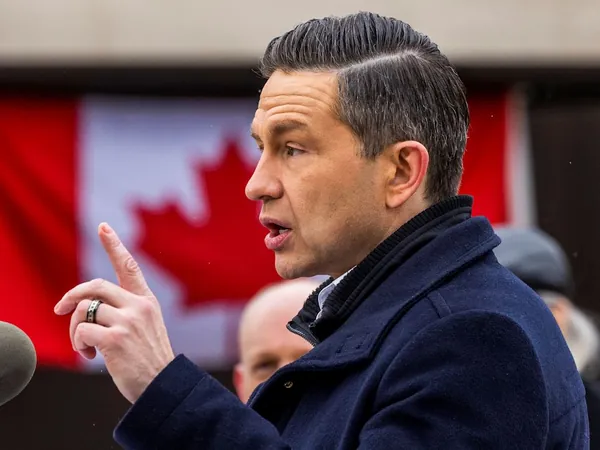

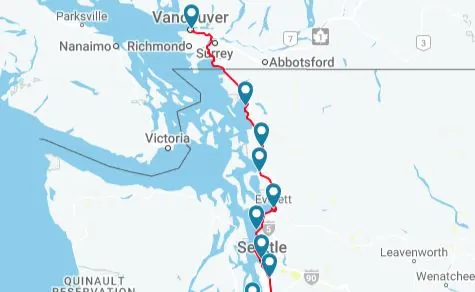

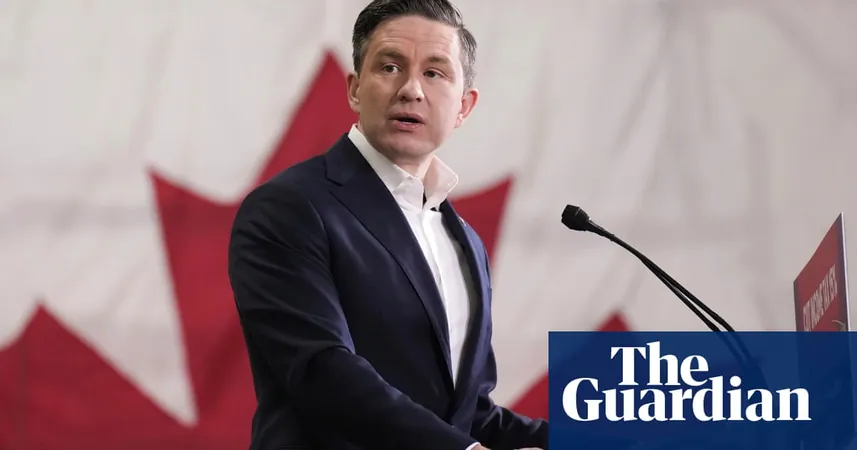


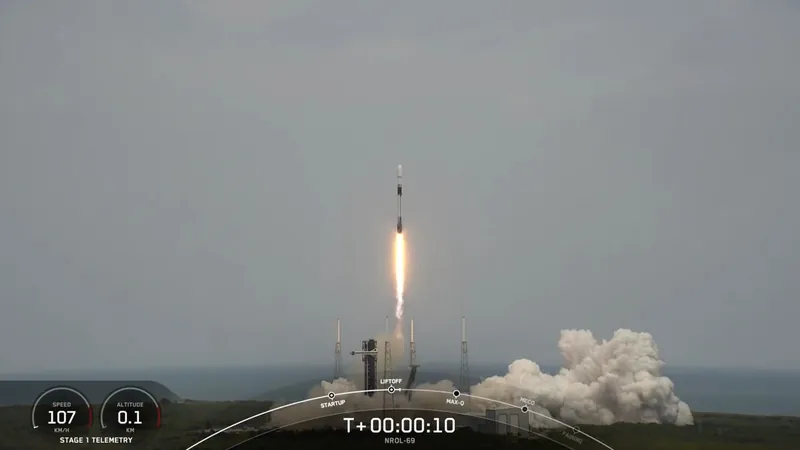
 Brasil (PT)
Brasil (PT)
 Canada (EN)
Canada (EN)
 Chile (ES)
Chile (ES)
 Česko (CS)
Česko (CS)
 대한민국 (KO)
대한민국 (KO)
 España (ES)
España (ES)
 France (FR)
France (FR)
 Hong Kong (EN)
Hong Kong (EN)
 Italia (IT)
Italia (IT)
 日本 (JA)
日本 (JA)
 Magyarország (HU)
Magyarország (HU)
 Norge (NO)
Norge (NO)
 Polska (PL)
Polska (PL)
 Schweiz (DE)
Schweiz (DE)
 Singapore (EN)
Singapore (EN)
 Sverige (SV)
Sverige (SV)
 Suomi (FI)
Suomi (FI)
 Türkiye (TR)
Türkiye (TR)
 الإمارات العربية المتحدة (AR)
الإمارات العربية المتحدة (AR)